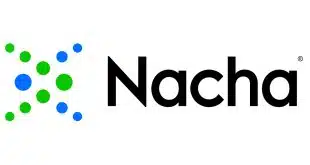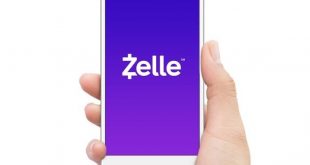Improved online payments, tokenization, and contactless transactions all gained ground in 2019’s last three months for Visa Inc. as the network’s payment volume grew 8% year-over-year.
Visa reported total U.S. payment volume of $1.06 trillion in its first quarter of fiscal 2020 ended Dec. 31, a 7.8% increase from $980 billion a year earlier. Some $554 billion of that volume was on credit cards and $502 billion was charged to debit cards, up 6.8% and 8.9%, respectively.
“E-commerce grew three to four times faster than non-e-commerce,” Visa chairman and chief executive Alfred F. Kelly Jr. said Thursday in reviewing the company’s U.S. results from the recent holiday season. “E-commerce also drove more than one-third of all consumer spend, up 2 percentage points versus last year.”

Visa and its network rivals are in the process of rolling out the Secure Remote Commerce standard from the network-owned EMVCo standards body. SRC, now referred to as “click to pay,” is intended to replace the multiplicity of network buy buttons on e-commerce sites—Visa’s being Visa Checkout—with a unified and simpler purchase process. Kelly said 40 Visa-accepting merchants had adopted click to pay by the end of December, but with the holidays now behind them, another 5,500 have since migrated to the system.
“We expect to complete the migration of the remainder of Visa Checkout merchants in the United States over the coming months,” Kelly said in his quarterly conference call with analysts. The total number of Visa Checkout merchants was not immediately available. All 50 million consumers enrolled with Visa Checkout have been automatically converted to click to pay.
A related service, Visa Direct, which provides near-real-time push payments to Visa accounts and is a key part of Visa’s drive to increase cross-border payments, saw 700 million transactions in the first quarter, according to Kelly. Visa Direct adopters now include money-transfer firms such as MoneyGram and TransferWise.
Kelly also reported the Visa Token Service is growing as merchant acquirers and issuers implement data strings, or tokens, that stand in for actual card numbers and greatly reduce the likelihood of a data compromise. Visa began providing tokenization in 2014. Now its token services are available in 107 countries, and the service tokenized 6 billion transactions in 2019.
And regarding the gradual conversion of U.S. EMV chip cards to cards that also support contactless tap-to-pay transactions using near-field communication technology, Kelly said one-third of Visa’s card-present transactions globally are contactless versus one-fourth a year ago. In the U.S., the contactless share is far lower, but some big mass-transit systems such as New York City’s Metropolitan Transportation Authority are implementing fare systems that accept general-purpose contactless credit and debit cards. Visa payment media were used for 3 million taps on the MTA this month, up from about 2 million in November, according to Kelly.
Visa’s global payment volume hit $2.36 trillion in the first quarter, an 8.1% year-over-year increase on a constant-currency basis. Volume jumped 24% in the Central Europe-Middle East-Africa region, but weak spots included the United Kingdom, China, and wildfire-wracked Australia. Kelly said “it’s too early” to assess the effects on payments of the coronavirus that originated in China and is now spreading around the world.
Visa reported $3.27 billion in net income, a nearly 10% increase from $2.98 billion in fiscal 2019’s first quarter, on $6.05 billion in net revenues, up 10% from $5.51 billion. Kelly offered little new information about Visa’s pending $5.3 billion acquisition of Plaid Inc., a San Francisco-based firm that connects nonbank payments providers like Stripe and PayPal’s Venmo person-to-person service with users’ bank accounts. An upcoming Venmo card will be Visa-branded.






